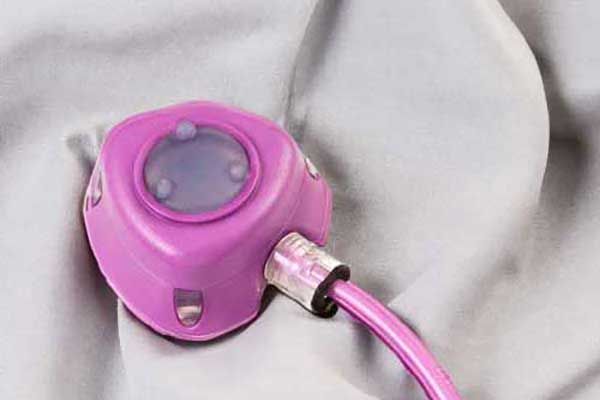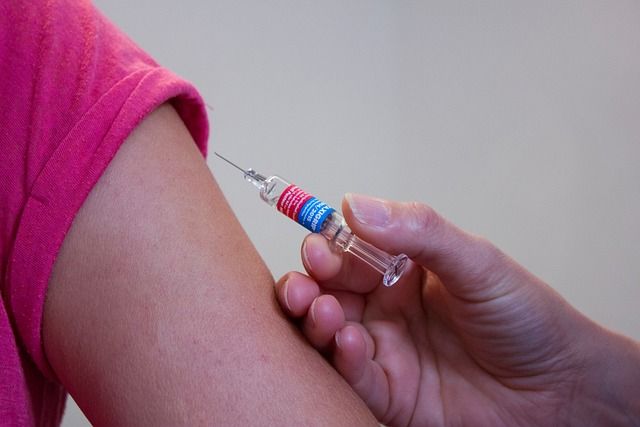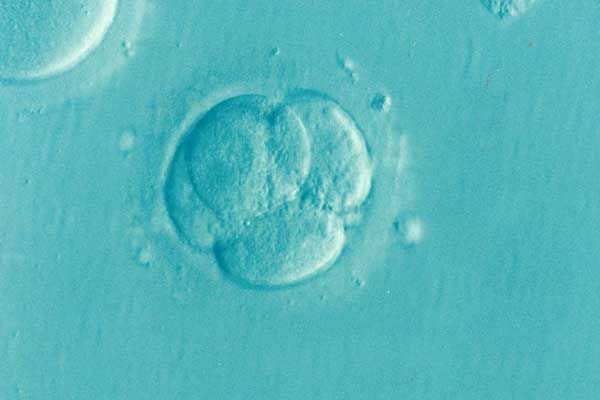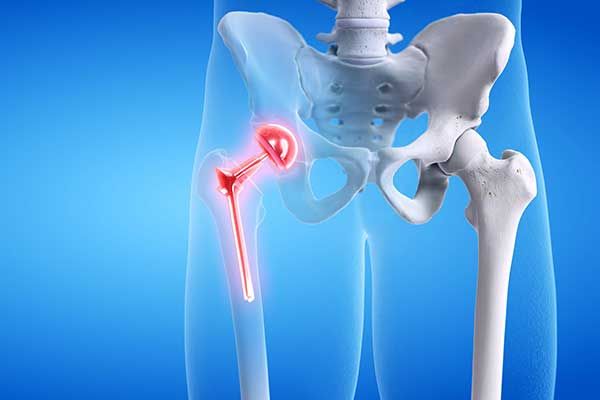

Bard PowerPort Bellwether Trials Press On, Despite Bard’s Request for Delay
Roughly 115 lawsuits have been filed so far in the Bard PowerPort MDL alleging serious infections, blood clots, and other injuries. Bard has attempted to delay the early bellwether trial process, claiming not enough cases have been filed, but the District of Arizona judge denied that request.
Bard PowerPort cases in the multi-district litigation (MDL) pending in the District of Arizona are moving forward after Judge Campbell denied Bard’s request to delay proceedings. Currently, approximately 115 cases have been centralized under Judge Campbell’s oversight for coordinated discovery and pretrial efforts.
To help gauge how juries may be likely to respond to evidence and testimony they are presented with, a process has been established known as a bellwether trial process. A group of representative cases are selected—in the Bard PowerPort MDL, 24 cases will be selected—to go through discovery and prepare for a series of early trial dates. Out of those, six cases will be chosen as bellwether trials. Plaintiffs and defendants are to submit a list of bellwether cases by July 1, 2024. Bard had asked the court to delay bellwether case selection until more cases are filed—but the court denied that request. The outcomes of these bellwether trials are likely to have a major impact on claims resolution and any potential settlement negotiations.
The Bard PowerPort is a medical device used to deliver chemotherapy and other medications directly into a patient’s blood. The port catheter, known as a totally implantable vascular access device (TIVAD), has been linked to many instances of health problems and complications. Users have experienced serious infections, blood clots, perforation of organs and other tissue, and even death after their Bard PowerPort malfunctioned, migrated, fractured, or broke inside their bodies.
Plaintiffs who experienced these adverse events have filed lawsuits in the District of Arizona against defendants Bard Access Systems, Inc., C.R. Bard, Inc., and Becton, Dickson & Company. Injured Bard PowerPort plaintiffs claim that they may have been able to avoid these life-threatening injuries had an alternative design of the device been used, or if the manufacturer had released a Bard PowerPort recall for these issues.
If you had a Bard PowerPort implanted and later developed a serious infection or were told your device fractured, cracked, migrated, or rotated, and required medical intervention, you may be eligible to file a lawsuit. If your loved one died from complications due to the Bard PowerPort, compensation may also be available.
Contact Our Attorneys to Discuss Your Potential Bard PowerPort Claim
The mass tort attorneys at Grant & Eisenhofer are dedicated to fighting for the rights of individuals harmed by faulty medical devices like the Bard PowerPort TIVAD. It’s not too late to investigate your claim.








